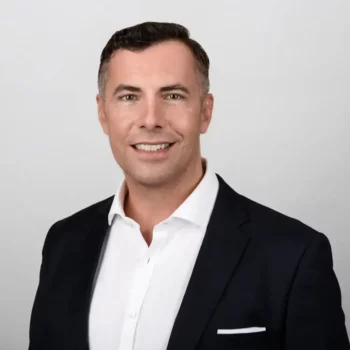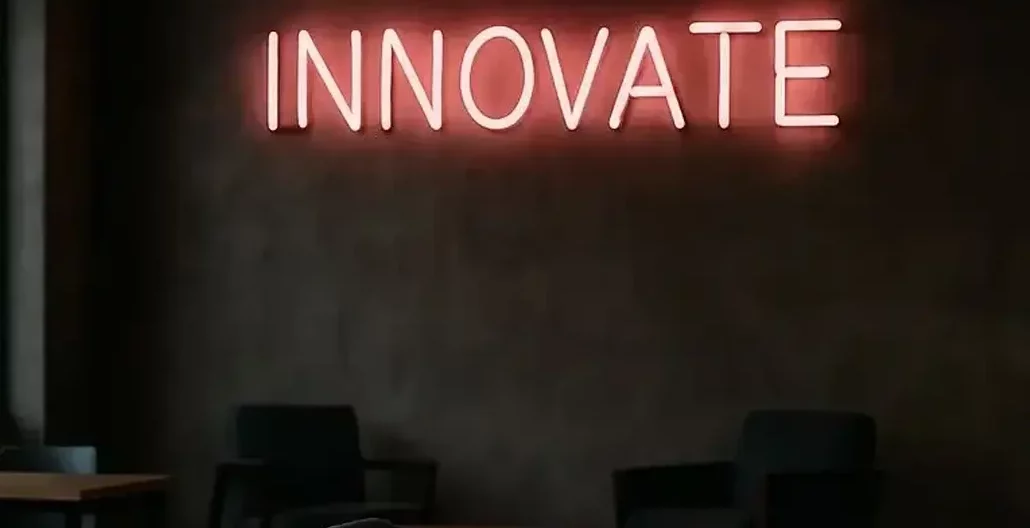The BANI model, coined by Jamais Cascio, describes a reality that is increasingly perceived as chaotic and which defies explanation and management using conventional models and methods.
Building resilience and agility
“Brittle” stands for a deceptive illusion of past strength that prevents companies from constantly reinventing themselves and making their organization resilient to crises. The descent of clay giants such as Kodak, Nokia and GM from world market leader to insignificance serves as a cautionary tale.
“Anxious” is the anxious helplessness to wait and watch developments in the feeling that any decision could be the wrong one. The result is missed opportunities and mistakes in line with tech pioneer Elon Musk’s motto “fail fast, learn faster”.
By “nonlinear”, Cascio means the challenge of recognizing cause and visible effect when sluggish systems suddenly react to seemingly small interventions. The Romanian economist Purica uses the example of the 2008 financial crisis to describe why, despite comprehensive data and analytical tools, few people foresaw it.
“Incomprehensible” refers to the growing flood of contradictory and volatile information and the inability to interpret it as a basis for decision-making. Entrepreneurs have neither the time to evaluate all available data nor the detailed expertise to scrutinize it. The illusion of data-based leadership is jeopardized by manipulation and misinterpretation.
Being frozen in shock is not an option. Rather, it is important to develop your own organization in such a way that it remains sustainably successful in these turbulent times and to promote skills such as resilience, empathy, flexibility, agility and intuition.
Personnel department, please take over?
A successful transformation starts with your own HR department. “Where are HR directors of the caliber of a sales or development director?” asks Sven Thoenes (BrightPlaces Partner and Chairman of the Supervisory Board of Munich-based Retencon AG). In order to make the company fit for the challenges of the future, an integrated corporate and HR strategy is absolutely essential. A high level of strategic and entrepreneurial understanding (HR understands and knows the business in breadth and depth) is a prerequisite for developing forward-looking solutions to master the economic and social challenges. In HR, this requires skills that go far beyond the operational “people business”. According to Thoenes, the “HR Competence Partner Plus” will no longer be sufficient in the future.
Cost reduction, rationalization and flexibilization are the key buzzwords. However, the limits of one-sided economization are increasingly being recognized. Due to more difficult competitive conditions, the entrepreneurial potential of broad sections of the workforce must be specifically promoted and utilized.
Increasing environmental dynamics, social pressure and regulatory requirements also demand new skills in human resources management. Environmental and social governance (ESG) is increasingly becoming the focus of customers, the public and investors (“impact investing”). The development and implementation of an ESG strategy and the corresponding reporting are just as much a part of HR’s new tasks as constant communication as an employer and responding quickly and professionally to posts on social networks – both publicly and within the company.
How does the transformation succeed?
The management concepts of “hierarchy” and “bureaucracy” that still frequently dominate today are hardly accepted by younger employees. A flat and agile organization based on the principles of “market” and “social network” is also critical to success in the battle for young talent. This significantly improves the structural conditions for internal entrepreneurship, but a comprehensive change process is required to transform the organization.
In order to mitigate the clash between this “new” way of thinking and a rigid existing culture, a balance must be struck between integration and change. Changing role requirements, skills and training concepts for existing employees are very relevant here, says HR strategy expert Merlin Meinhold. This creates the necessary conditions for successful generation management with the aim of maintaining a balance between long-standing employees with organizational experience and a “breath of fresh air” in order to promote both continuity and change.
Scope for development, opportunities for further training and a variety of tasks play a key role in attracting and retaining entrepreneurially competent people. Particularly in the face of rapidly changing external conditions, the focus when selecting personnel is on social, creative and implementation skills, while the half-life of specialist knowledge is becoming ever shorter.
In a world that is changing ever faster, HR is more than just a department – it is the compass that navigates companies through the chaos and helps them not only survive the future, but actively shape it.
– Merlin Meinhold
1st Zurich Innovation Circle
Experience the future of organizational development and HR at the Zurich Innovation Circle on 2.10.24. Meet board members, C-level executives and investors to discuss fresh thinking and innovative solutions for the challenges ahead. Join us and help shape the future of your company. Register now!
Register now




